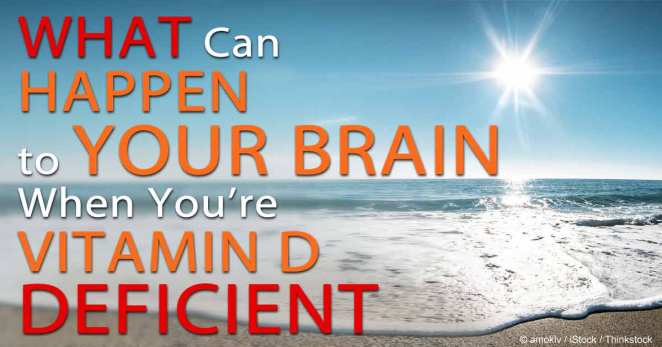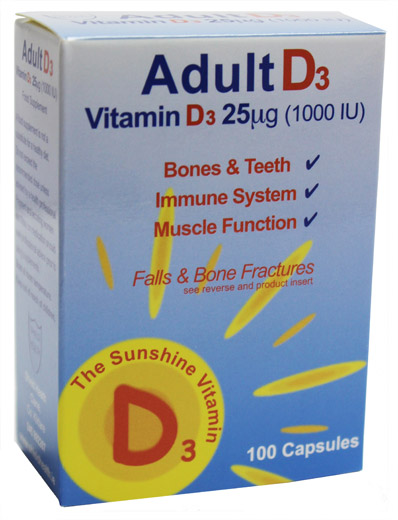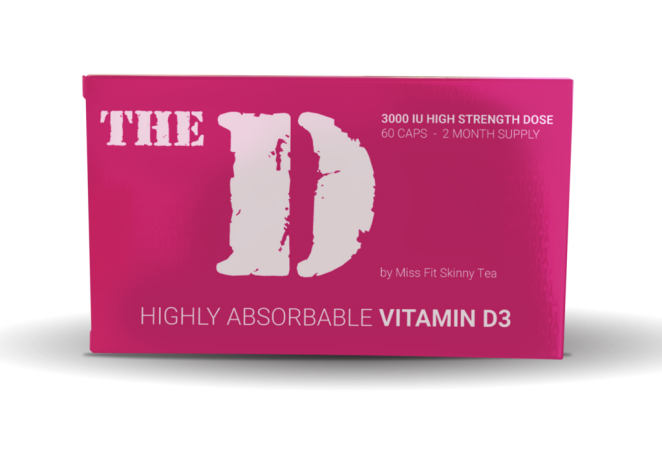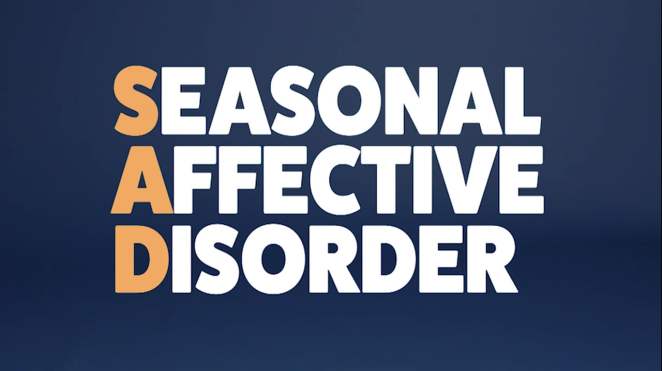
When it comes to getting our vitamins and nutrients, most of us are aware of the physical health benefits they provide us with. For example, calcium is good for our bones and teeth, iron is needed for muscle renewal, and vitamin C is good for the immune system. Yet, many people forget about the “sunshine vitamin”. The most common source of vitamin D is recognised as direct sunlight. Of course, other sources such as cheese, fortified cereals and fatty fish also provide us with vitamin D, however the sun is the most natural form. It has been argued among mental health professionals and researchers that Seasonal Affective Disorder sees a surge in sufferers during the winter months. It is thought that the cloudy, dark months, which restricts our sunshine intake, can increase a person’s chances of suffering from SAD.
Commonly referred to as the “winter blues”, SAD is a common but underestimated illness with a lack of understanding among the public. The most common treatments for SAD include light therapy, psychotherapy and medications. As it is brought on by the changes in weather the lack of vitamin D is thought to play a role. This is why it is encouraged to take vitamin D supplements during this time.
This is not to say that sunny countries like Spain or Portugal have a lower rate of depression or SAD than the UK or Ireland. I am not suggesting that sunny weather equals a perfectly happy life. I am simply reporting that the scientific findings that suggest a lack of vitamin D, which happens to be found in sunlight, can affect our mood. An article produced on the website patient.info indicates that “vulnerability to SAD is increased the further away you live from the equator”. This suggests that the link between SAD and sunlight is recognised by scientists and mental health officials alike.
You may be thinking, what is the difference between SAD and depression in regards to symptoms? While both illnesses certainly affect your mood and overall well-being, the symptoms do vary but also share common ground.
Symptoms of SAD are listed on patient. info as –
- Difficulty waking
- Loss of energy
- Lethargy
- Craving carbs
- Increased appetite and sleep
- Weight gain
- Loss of concentration
- Decreased libido
- Irritability and anxiety
In comparison, the symptoms most commonly associated with depression are-
- Difficulty remembering details, and making decisions, also known as “brain fog”.
- Fatigue and decreased energy
- Feelings of guilt, worthlessness, or helplessness
- Changes to your sleeping pattern such as insomnia, early-morning wakefulness, or excessive sleeping
- Irritability, restlessness
- Loss of interest in activities or hobbies once pleasurable
- Overeating or appetite loss
- Persistent aches or pains, headaches, cramps or digestive problems that do not ease even with treatment
- Persistent sad, anxious, or “empty” feelings
- Thoughts of suicide
I do not suffer from SAD but I decided to give vitamin D a go anyway. I started taking vitamin D supplements in October. I stopped in about January and have noticed a difference. While taking them I found I was not zapped of energy. I was more alert and willing to go out than I usually am at this time of the year. My symptoms have been OK lately and under control thanks to my medication (Lexapro) but this gave me the extra boost I needed. The reason I wrote about SAD even though I have depression is twofold:
- They are very alike with many similar symptoms. Any form of depression is horrible to live with.
- I tried the vitamin D supplement to see if it had any benefits for myself and my condition, which it did.
There are loads on the market to choose from. The one I tried was Adult D3. It was cheap considering how many you get in a pack. These ones were small, easy to swallow and tasteless.

Another brand that is growing on the vitamin D market is called The D, from the same people who make Miss Fit Skinny Tea. Miss Fit Skinny Tea claim on their website that a large portion of people in Ireland and the UK are deficient in vitamin D (whether this is a marketing ploy or actual research, I don’t know). This does not mean all of these people suffer from SAD or depression. Other symptoms of vitamin D deficiency include: fatigue, muscle weakness, joint pain, low immunity and blood sugar issues. Those who suffer from any of these issues may find vitamin D supplements beneficial.

Of course I am not a doctor and everything here is my opinion so do whatever is right for you, consult your doctor and all that.

I want to try higher doses of vitamin D. But i take niacin and sea-kelp tablets from holland and barrat i think made a difference for me. Apparently there is a lot of research and in place working treatments out there that use high dose niacin to treat alcoholism and depression.
Food Matters Documentary:
Clip about using niacin https://www.youtube.com/watch?v=7K2tqxKf2EE
Its on netflix or you can watch it in bits and bobs on youtube. This playlist seems ok: https://www.youtube.com/watch?v=2Oq24hITFTY&list=PL9dJamyVaetQ8AasDhkHizq7wyf9WtlM-
LikeLiked by 1 person
Thanks for sharing these Phil.
LikeLiked by 1 person